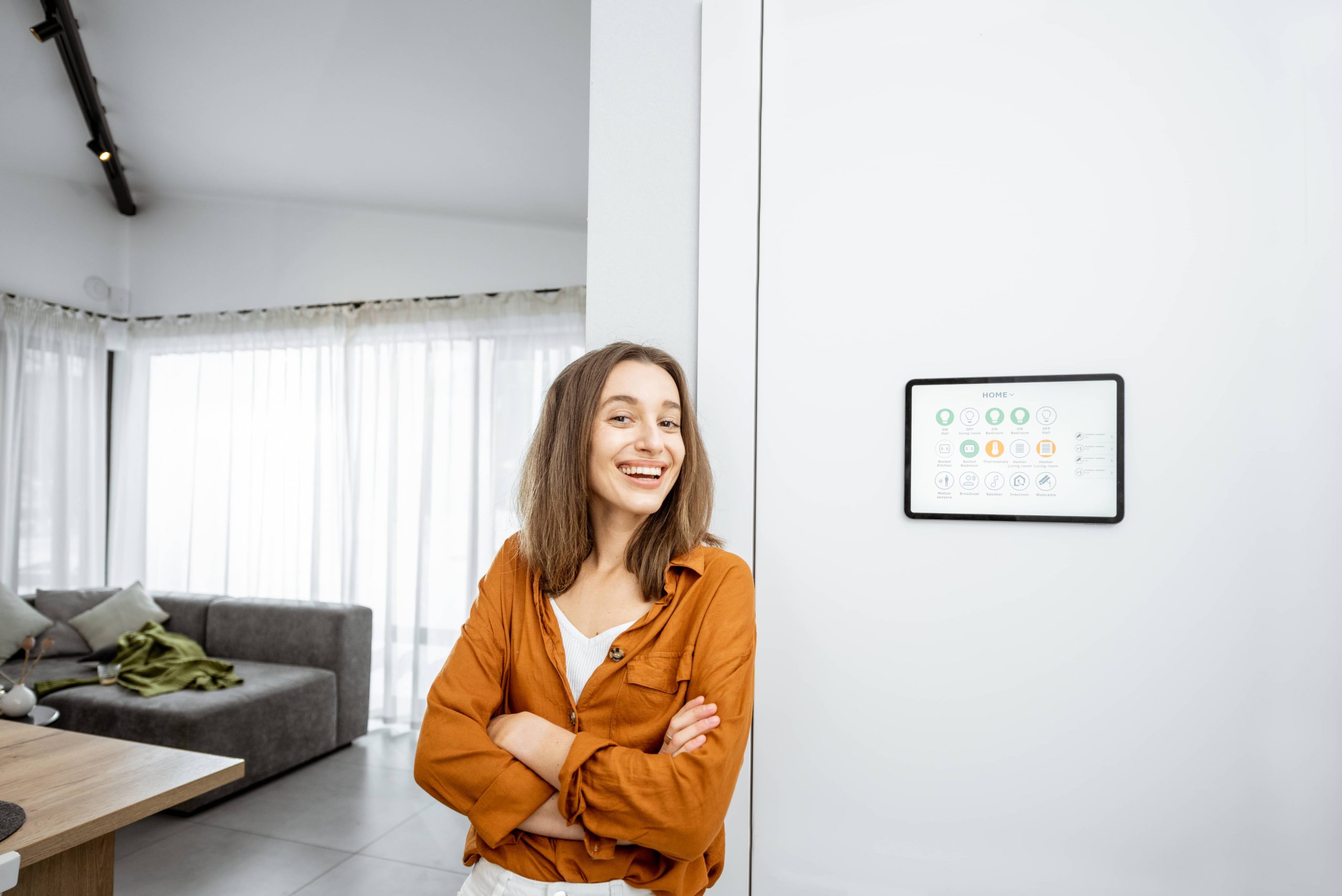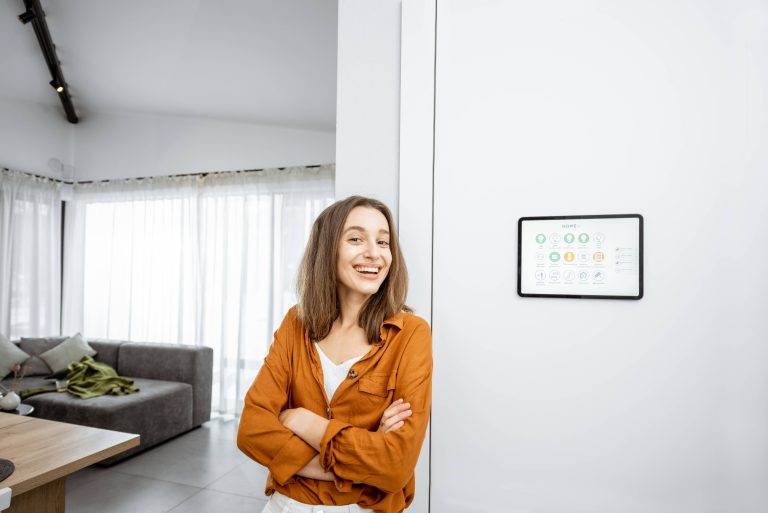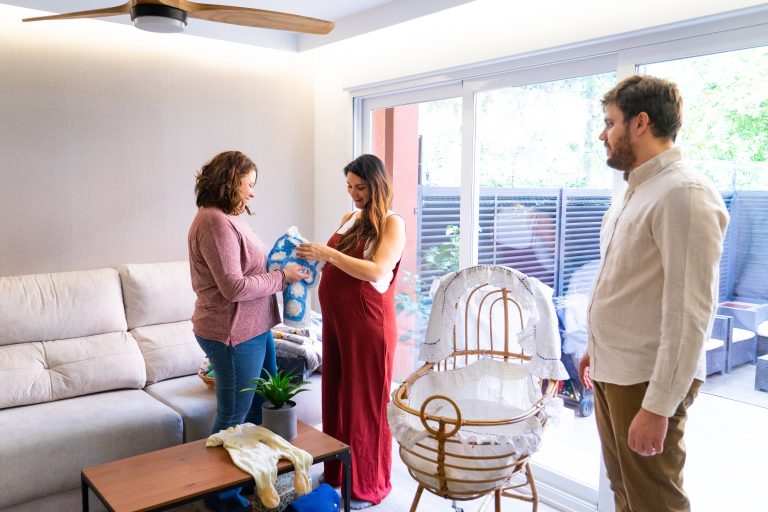
In the age of smart technology, the kitchen is no longer just a place to cook; it’s a hub of innovation and convenience. Designing a smart kitchen involves integrating technology that enhances efficiency, safety, and enjoyment. Whether you’re a tech enthusiast or someone looking to simplify daily tasks, a smart kitchen can transform your culinary experience. Here are some practical tips to help you design a smart kitchen that meets your needs and lifestyle.
1. Start with Smart Appliances
The foundation of any smart kitchen is its appliances. Consider investing in smart refrigerators, ovens, and dishwashers. These appliances can be controlled remotely, offer energy-saving features, and even provide recipe suggestions. For instance, a smart refrigerator can alert you when you’re running low on groceries or suggest recipes based on the ingredients you have.
Tip: Look for appliances that integrate with your existing smart home ecosystem, whether it’s Google Home, Amazon Alexa, or Apple HomeKit.
2. Incorporate Smart Lighting
Lighting plays a crucial role in setting the mood and functionality of your kitchen. Smart lighting systems allow you to adjust brightness and color temperature to suit different times of the day or activities. You can program lights to turn on when you enter the kitchen or dim them for a cozy dinner setting.
Tip: Use motion sensors to automate lighting, ensuring that lights turn off when the kitchen is not in use, saving energy.
3. Enhance Safety with Smart Detectors
Safety is paramount in the kitchen. Smart smoke and carbon monoxide detectors provide real-time alerts to your smartphone, ensuring you’re aware of any potential hazards even when you’re not home. Some advanced models can even differentiate between smoke from cooking and an actual fire.
Tip: Regularly test and maintain your detectors to ensure they function correctly.
4. Optimize Cooking with Smart Gadgets
Smart gadgets like connected scales, thermometers, and sous-vide machines can elevate your cooking game. These devices offer precision and control, allowing you to achieve perfect results every time. For example, a smart thermometer can send alerts to your phone when your roast reaches the desired temperature.
Tip: Choose gadgets that are easy to clean and maintain, as the kitchen can be a messy environment.
5. Streamline Tasks with Voice Assistants
Voice assistants are invaluable in a smart kitchen. They can help you set timers, convert measurements, and even read recipes aloud while your hands are busy. Integrating a voice assistant into your kitchen can make multitasking a breeze.
Tip: Position your voice assistant in a central location where it can easily hear commands, even over the noise of cooking.
6. Implement Smart Storage Solutions
A well-organized kitchen is a smart kitchen. Use smart storage solutions like app-controlled pantry organizers or smart containers that track expiration dates. These tools help reduce food waste and ensure you always know what you have on hand.
Tip: Regularly update your inventory to keep your storage system accurate and efficient.
7. Consider Smart Faucets and Sinks
Smart faucets can be a game-changer in the kitchen. They offer touchless operation, which is not only convenient but also more hygienic. Some models allow you to set precise water temperatures and volumes, perfect for cooking or cleaning.
Tip: Ensure your smart faucet is compatible with your plumbing system to avoid installation issues.
8. Integrate Smart Entertainment
Cooking can be more enjoyable with entertainment. Consider installing a smart speaker or display in your kitchen. You can listen to music, watch cooking tutorials, or catch up on your favorite shows while preparing meals.
Tip: Choose a device with a waterproof or splash-resistant design to withstand the kitchen environment.
9. Plan for Future Upgrades
Technology is constantly evolving, and your smart kitchen should be adaptable to future innovations. When designing your kitchen, consider wiring and infrastructure that can support new devices and systems as they become available.
Tip: Work with a professional to ensure your kitchen’s electrical system can handle the demands of smart technology.
Conclusion
Designing a smart kitchen is about more than just adding gadgets; it’s about creating a space that enhances your lifestyle. By carefully selecting and integrating smart appliances, lighting, safety features, and more, you can create a kitchen that’s not only functional but also a joy to use. Remember, the key to a successful smart kitchen is finding the right balance between technology and practicality, ensuring that each element serves a purpose and adds value to your daily life.













